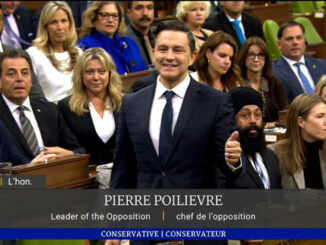
BANGKOK (TIP): Thailand’s Constitutional Court suspended Prime Minister Paetongtarn Shinawatra from office Tuesday pending an ethics investigation over a leaked phone call with a senior Cambodian leader that followed a border row that erupted on May 28. The leaked call has set off political turmoil in Thailand as Paetongtarn faces growing dissatisfaction over her handling of the conflict. Here’s what to know about the latest controversy and the dispute between the two Southeast Asian neighbors.
What was said in the leaked call
The phone call between Paetongtarn and Cambodian Senate President Hun Sen was reportedly made on June 15 and was leaked days after. Hun Sen said on his Facebook post that he recorded the conversation and had shared it with at least 80 people.
In the call, the two were heard talking through a translator discussing the tensions at the border, and about whether they should lift restrictions imposed after the deadly clash.
Paetongtarn could be heard addressing Hun Sen as uncle. He is a longtime friend of her father, Thaksin Shinawatra, a popular but divisive former Prime Minister. She urged him not to listen to a Thai regional army commander who had publicly criticized Cambodia about the border dispute, and called him “an opponent.” She also told Hun Sen to let her know what he wanted, and she would try to manage that.
Critics said she went too far in appeasing Hun Sen, and that what she said, especially her comments about the army commander, damaged Thailand’s interests and image.
Paetongtarn has apologized but said she didn’t do any damage to Thailand, arguing that her comments were a negotiating tactic.
The recent dispute was triggered in May after armed forces of Thailand and Cambodia briefly fired at each other in a relatively small contested border area that both countries claim as their own. Both sides have said they acted in self-defense. One Cambodian soldier was killed.
While the countries said afterwards they have agreed to de-escalate the situation, Cambodian and Thai authorities continue to implement or threaten measures short of armed force, keeping tensions high. (AP)





Be the first to comment